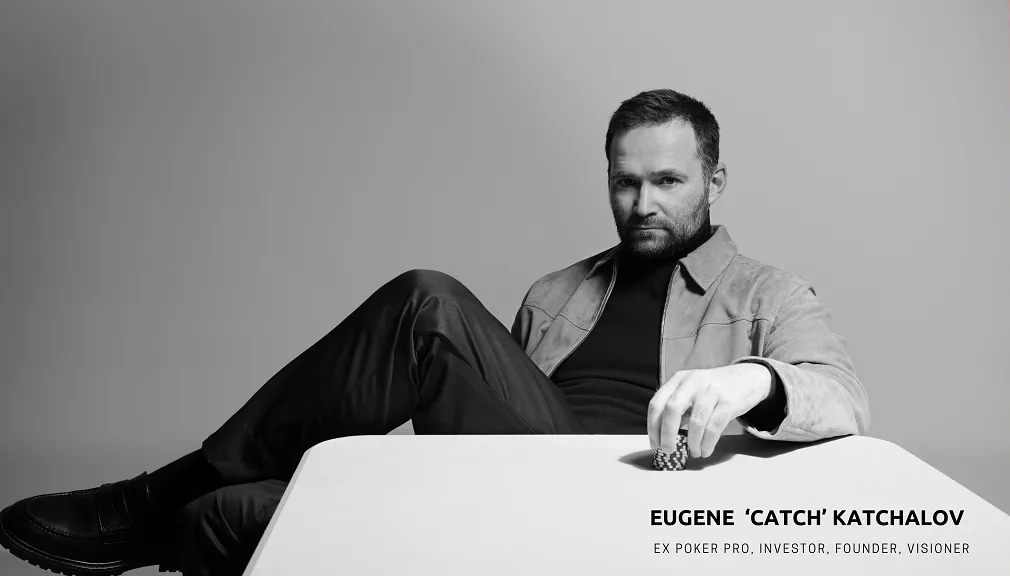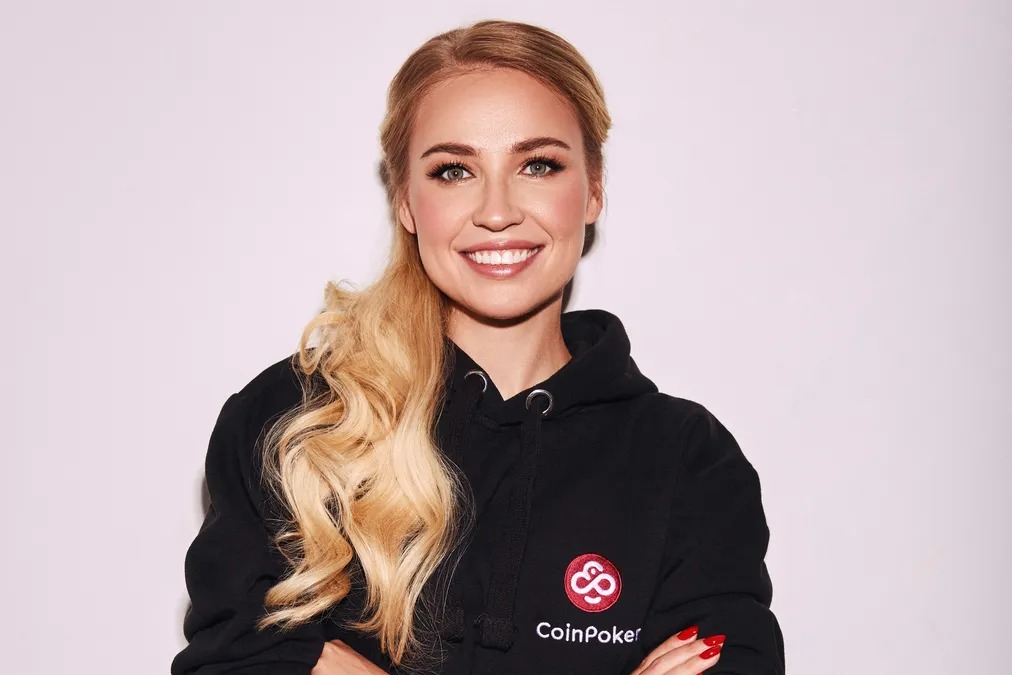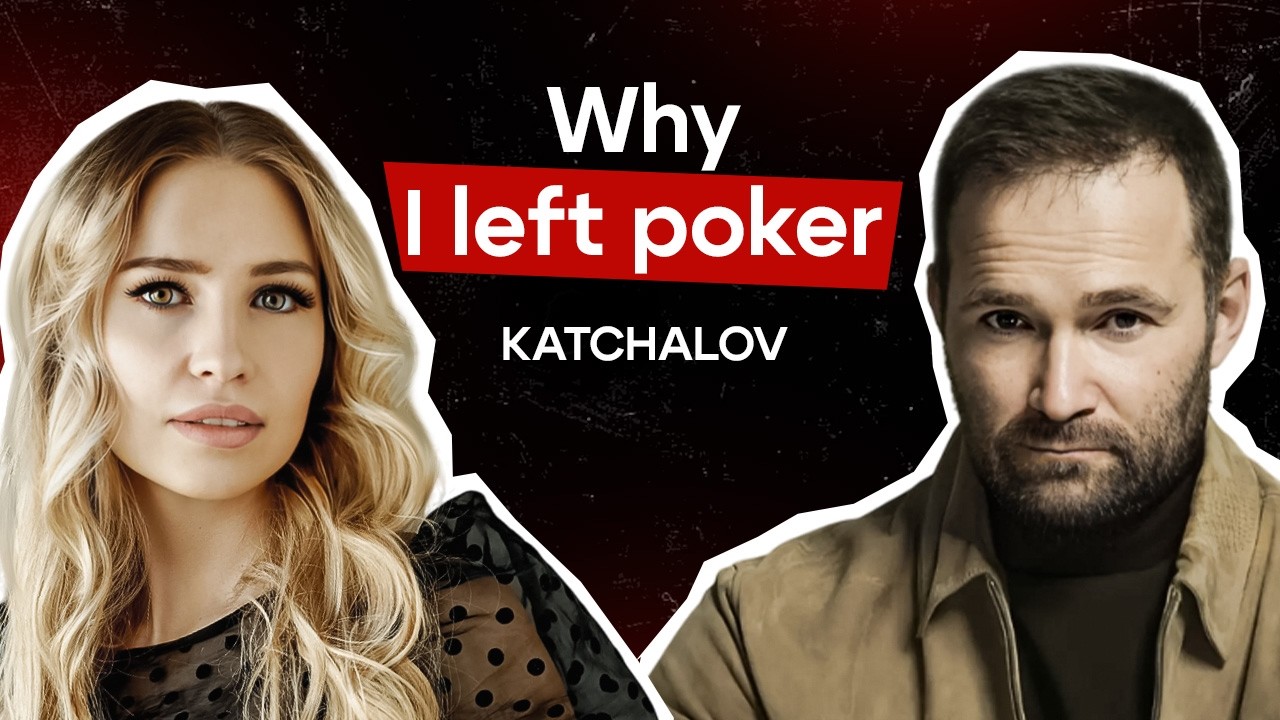With over $9 million in live tournament winnings, a WSOP bracelet, and a reputation as one of the sharpest minds in the game, Katchalov is not some bitter ex-grinder. He’s a lifelong student of the game, a calm technician, and now, maybe unintentionally, a reformer with a message that’s hard to ignore.
A Game That Forgot How to Be Fun
For Katchalov, the warning signs have been around for a while. He’s not talking about regulation or site politics - he’s talking about the experience of the average player. The kind of person who deposits $50 on a Sunday night hoping for some adrenaline, some excitement, maybe even a story to tell. But that story rarely comes anymore.
Instead, new players face a field stacked with GTO-trained regulars, software-enhanced grinders, and sometimes even bots. What used to be a social, psychological battle has become a sterile exchange of optimal decisions and population tendencies. And for the casual player? That’s just not fun. “Poker needs to be a game again,” Katchalov says. “Not a science project.”

He points out that the ecosystem depends on balance and when games become inhospitable for non-pros, the base collapses. Without the casuals, the entire system dries up. It’s not a theory. It’s already happening.
The Invisible Opponent
One of the most uncomfortable parts of Katchalov’s analysis is the silent invasion of tech. Not just solvers used in study time, but real-time assistance, bot farms, and questionable coaching during live events. He cites the 2024 WSOP Main Event, where a player repeatedly left the table to consult with his rail, believed to be running hands through solvers. Legal? Yes. Ethical? Debatable. Appealing to the masses? Definitely not.
The fear, according to Katchalov, is that poker is becoming a game that only a small, elite core can understand and access. And when the public starts feeling that, they tune out. Whether you're a fan, a streamer, or a site operator, that should scare you.
From Solver Culture to Entertainment Culture
But this isn’t a funeral. Katchalov doesn’t want to bury the game, he wants to rebuild it. He talks about creating new formats and platforms where the emphasis is on fairness, emotion, and creativity - not robotic perfection. He’s not naive. He knows top-level players won’t stop studying or optimizing. But he believes there’s room for formats where instinct, storytelling, and "hero calls" matter more than solver-approved bet sizes.

And while he doesn’t reveal specifics, he hints that he’s working on something. A new kind of poker experience that could level the playing field, without dumbing down the game. Something that prioritizes fun, suspense, and human moments over pure mathematical accuracy.
A Voice That Resonates
One of the reasons this podcast hits differently is because Katchalov isn't playing a character. He speaks calmly. Reflectively. Not like someone seeking attention, but like someone who’s thought about this deeply and cares.
It also helps that the conversation is hosted by Olga Poker, a rising figure in poker media who brings fresh perspective and good instincts as an interviewer. She lets Katchalov speak, listens without interrupting, and gives space for the kind of discussion poker often lacks. Together, they don’t solve all the problems. But they do something more important: They start the conversation poker needs to have.
(This video is part of the Olga Poker Podcast, hosted by professional player and creator Olga Poker. All rights belong to the original publisher.)
What Comes Next?
If you care about poker, not just as a grind, but as a community and culture, you owe it to yourself to watch this podcast. Not just because Eugene Katchalov is a legend. But because he’s asking the right questions.
- How do we make poker fun again?
- How do we protect it from becoming too optimized for its own good?
- How do we tell stories - not just solve for EV?
“Poker doesn’t need to die,” Katchalov says in closing. “It just needs to evolve.” Maybe this video is the first step.




